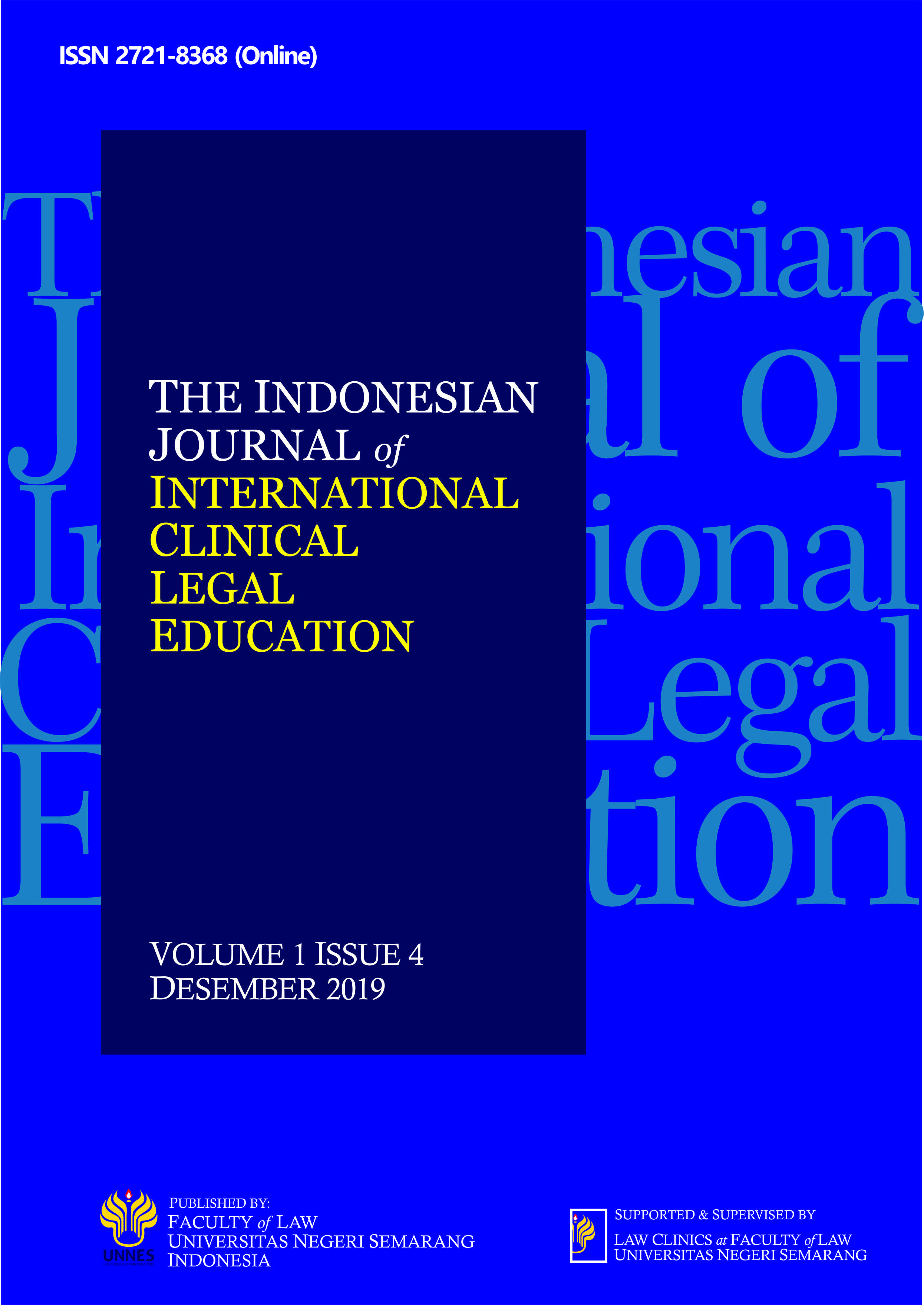Clinical Legal Education for Human Rights Issues: How Students Can Implement Their Basic Knowledge of Human Rights in Reality
Main Article Content
Abstract
Human rights was recognized as a fundamental issue both international
community and regional community like ASEAN. The student capability
to transfer their knowledge concerning to the human rights was
become very important thing for legal development as well as law
enforcement. Through clinical legal education, students were be
prepared to be available bring a justice in their real lives. Clinical legal
education which specifically for human rights issues prepares student
for lifelong careers in social justice advocacy around the globe. Through
the Clinic, students join a community advocates working to promote
human rights and recalibrate the global power imbalances that drive
economic and political inequity, exploitation, threats to physical
security, poverty, and environmental injustice. Through fact-finding,
reporting, litigation, media engagement, advocacy, training, and
innovative method, the Clinic seeks to prevent abuse, advance respect
for human rights, and promote accountability for violations. The paper
divided into three main folds, first, how was the human rights issues on
clinical legal education in some practices, second, how was the student
encourage the basic knowledge of human rights through clinical legal
education, and three, how was the student use their knowledge in their
reality lives. The paper emphasized that, at the intersection of theory
and practice, the Clinic can be used as a laboratory for testing and
modeling new and innovative modes of human rights work, and seeks
to be a model of rigorous and critical human rights advocacy. This
includes a focus on enhancing human rights methods through
interdisciplinary partnerships, critical reflection on human rights
practice, and sustainable advocacy through attention to vicarious
trauma and resilience.
Article Details
The copyrights of the article in Indonesian J. Int'l Clinical Leg. Educ. is on the Author(s), however, before publishing, it is required to obtain written confirmation from Author(s) in order to ensure the originality (Author Statement of Originality). The statement is to be signed by at least one of the authors who have obtained the assent of the co-author(s) where applicable. This work licensed under a Creative Commons Attribution-ShareAlike 4.0 International (CC BY-SA 4.0). All writings published in this journal are personal views of the authors and do not represent the views of this journal and the author's affiliated institutions.
